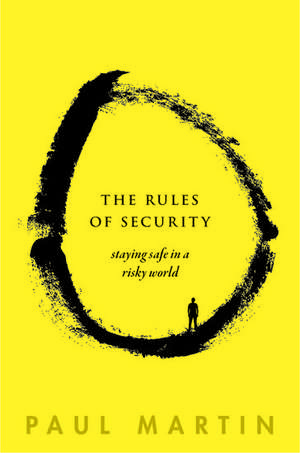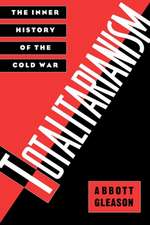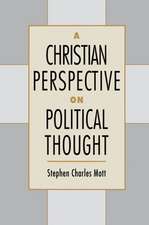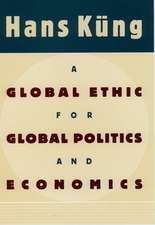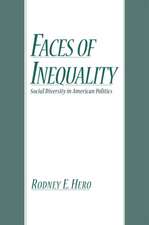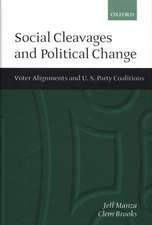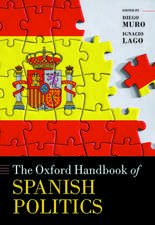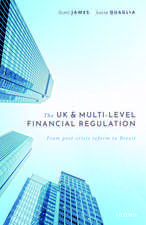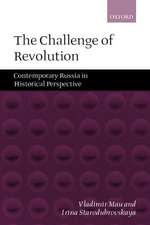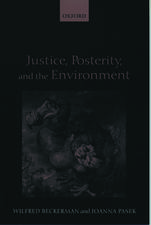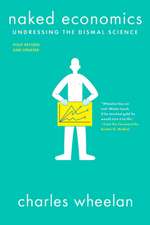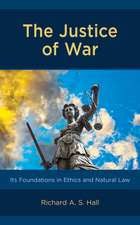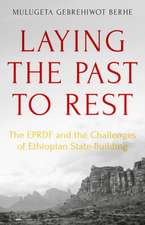The Rules of Security: Staying Safe in a Risky World
Autor Paul Martinen Limba Engleză Hardback – 16 mai 2019
Preț: 120.47 lei
Preț vechi: 143.22 lei
-16% Nou
Puncte Express: 181
Preț estimativ în valută:
23.05€ • 23.93$ • 19.22£
23.05€ • 23.93$ • 19.22£
Carte disponibilă
Livrare economică 18-24 februarie
Livrare express 15-21 februarie pentru 54.22 lei
Preluare comenzi: 021 569.72.76
Specificații
ISBN-13: 9780198823575
ISBN-10: 0198823576
Pagini: 272
Dimensiuni: 163 x 240 x 28 mm
Greutate: 0.52 kg
Editura: OUP OXFORD
Colecția OUP Oxford
Locul publicării:Oxford, United Kingdom
ISBN-10: 0198823576
Pagini: 272
Dimensiuni: 163 x 240 x 28 mm
Greutate: 0.52 kg
Editura: OUP OXFORD
Colecția OUP Oxford
Locul publicării:Oxford, United Kingdom
Recenzii
An impeccable and important work that security people can push into the hands of others [...] who want an authoritative, yet crisply-written book on security.
... a deceptively easy read in that there are ten bite-size takeaway nuggets of digestible information that will make you more aware, informed and alert. Where Martin scores heavily is in the authenticity he brings to the subject, making his set of ideas less of a management self-help book and more of a first step towards protecting your assets.
... a deceptively easy read in that there are ten bite-size takeaway nuggets of digestible information that will make you more aware, informed and alert. Where Martin scores heavily is in the authenticity he brings to the subject, making his set of ideas less of a management self-help book and more of a first step towards protecting your assets.
Notă biografică
Dr Paul Martin CBE is a security practitioner with thirty years' experience in the national security arena. During a career in UK government service from 1986 to 2013 he held a variety of senior positions and was awarded the CBE in 2013 for his services to defence. From 2013 to 2016 he was the Director of Security for the UK Parliament, with responsibility for the physical, personnel, and cyber security of both Houses. Paul was educated at the University of Cambridge, where he graduated in natural sciences and took a PhD in behavioural biology, and Stanford University, where he was Harkness Fellow in the Department of Psychiatry and Behavioral Sciences. He subsequently lectured and researched at the University of Cambridge and was a Fellow of Wolfson College Cambridge, before leaving academia to join government service.
